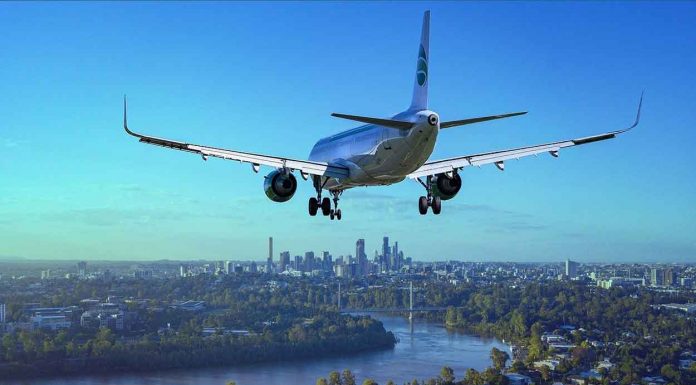Even as the dust over the aeroplane safety, due to 5G technology rollout, that had briefly shut down flight operations in the US last week is yet to be settled, aircraft manufacturer Boeing has issued airline-specific bulletins alerting pilots to a long list of possible problems the cockpit could be besieged with at lower altitudes if 5G signals from a transmission station near a US airport ever happen to hazardously interfere with those of an aircraft instrument that measures accurately the plane's height overground.
Air India, the only Indian carrier that flies to the US, operates the route with Boeing wide-body aircraft. Last week Air India cancelled more than eight flights to the USA after reports regarding 5G towers being erected around the US airports emerged.
As per the latest reports the new 5G technology is not in sync with aviation technology, which may cause interference with aeroplane safety technology.
Meanwhile, other global aircraft manufacturers have issued similar warnings, which the US government has denied so far. According to a document released by Airbus, “On A350 and A380 aircraft, 5G interference on radio altimeters are negligible, hence the absence of cockpit effects.”
“Boeing has listed everything that could possibly go wrong in the cockpit if 5G interference ever happens. The message pilots get is don't attempt low-visibility landings, the radio altimeter isn't reliable. Also, when landing in good weather, stay extra alert after descending 2,500ft and be ready for a manual landing,” the company said.
The major aircraft manufacturers believe that with the 5G rollout in the US, the workload in the cockpit of US-bound aircraft has gone up. They believe that henceforth at a height below 2,500ft, pilots will now need to be alert for possible 5G interference.
Boeing has also issued an advisory to monitor and cross-check between two different altimeter readings. Above 2,500ft, a barometric servo altimeter gives altitude information by reading atmospheric pressure differences. It's not affected by 5G waves. Below 2,500ft, aircraft systems and pilots rely on the more accurate radio altimeter readings. But if 5G wave interference happens, the radio altimeter could fail or give erroneous readings, says the bulletin.
Further at extremely low temperatures, barometric altimeter readings are not accurate. With the 5G towers hovering around now, the radio altimeter reading too is under suspicion because of possible 5G interference.
Low temperatures also can present low-visibility conditions which are when approach and landings such as CAT-III — ‘blind' landings done by depending on aircraft instruments and ground navigation aids — are carried out.











